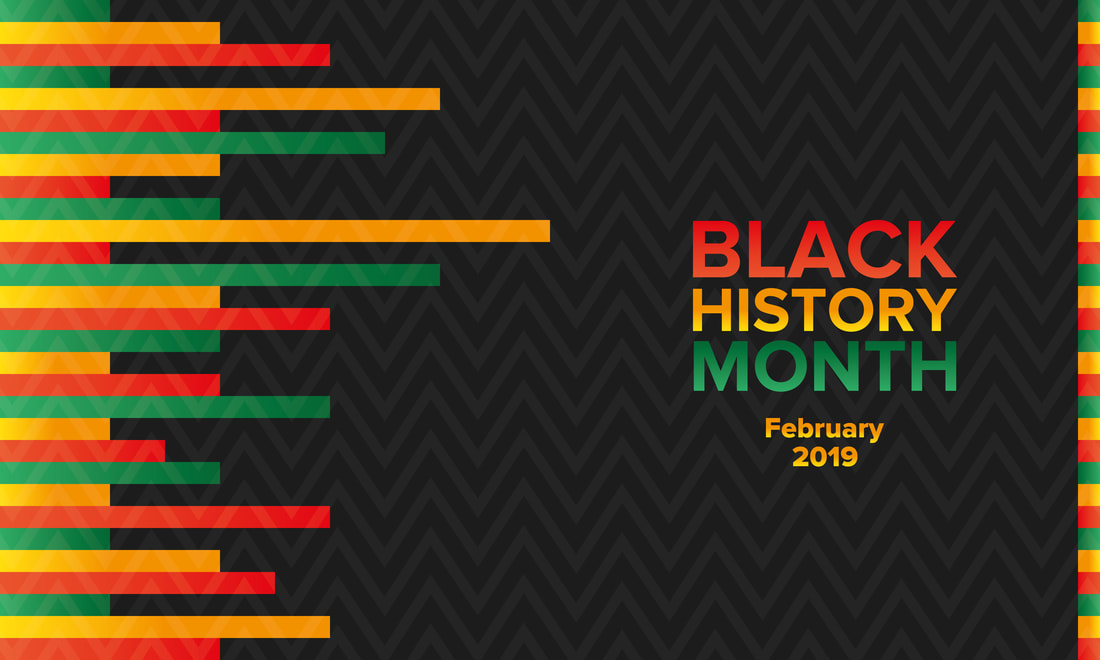|
By: Tamara Ince Jim Crow Laws and the legal segregation and discrimination that continued through the 1950’s may seem like ancient history, yet racism and oppression still exist and affect your financial prosperity, outward persona, feeling of safety, degree of acceptance in groups, self-confidence, personal image, health and ability to form vulnerable relationships with people from other races and cultures. It even affects how you see yourself fitting in society. Is there any wonder why minorities may seem edgy or defensive? Minorities not only face everyday stresses and anxieties, by they also face the impact of oppression and racism. The 2017 events at the U.S. Air Force Academy’s preparatory school in Charlottesville, Virginia, where racial slurs were written on black students’ doors shows that racism, both overt forms and microaggressions can have a toxic impact on the mental health of individuals. Microaggression, a term Chester M. Pierce, a Harvard Psychiatrist, used in 1970, originally referred to the insults and dismissals of African Americans by non-African Americans. However, psychologist Derald Wing Sue later defined it as “brief everyday exchanges that send denigrating messages to certain individuals because of their group membership.” For minorities, these microaggressions may come in the form of media and societal perceptions. There is a great body of evidence showing how microaggression can cause or contribute to mental health issues, including personality disorders, anxiety, stress, drug addictions, food addictions, abnormal obsessions, depression, anger, avoidance, intrusion, hypervigilance and low self-esteem, as noted in research from Columbia University. Physicians have found that microaggression contributes both directly and indirectly to mental health challenges because it can cause high levels of stress hormones in the bloodstream for extended periods of time, which causes wear-and-tear on the body. Moreover, research shows that perception of microaggression is associated with a reduced or inability to trust others, fewer opportunities at work and school, increases in unhealthy behaviors, and poor relationships. Microaggression can cause the destruction of unions, which are already challenging to maintain. Yet, few get help because talking about or admitting mental health concerns has been considered taboo in many minority groups. Don’t let stigmas create self-doubt and shame, your condition is not a sign or weakness, nor is it something you should be able to control on your own. Don’t isolate yourself, there are people who can help. Get professional help. At Ince Counseling, we are seeing that an increasing number of minorities are realizing the benefits of accessing mental health resources and processing traumas through counseling. In particular, we have seen a significant number of minority men seeking help. Together we can work to minimize the physical and psychological harm of microaggression through increased awareness of one’s own biases, understanding of societal biases, increased understanding of the nature and impacts of microaggression, and focused guidance. If you are suffering from overt or microaggression, or if you are an advocate that is exposed to discrimination or works with discrimination, we suggest you partner with a professional to help you process your traumas, to help you cope better, to guide you to healthier choices for dealing with issues, and to empower you to better process the impact of discrimination. If you find your relationships, success, life, or person being negatively impacted by mental health challenges, please contact Ince scheduling team at 1-833-968-8255 for help now. You can also find support and get questions answered through:
References: Carter, Robert T., and Amy L. Reynolds. "Race-related stress, racial identity status attitudes, and emotional reactions of Black Americans." Cultural Diversity and Ethnic Minority Psychology 17.2 (2011): 156. Constantine, Madonna G., et al. "Racial microaggressions against Black counseling and counseling psychology faculty: A central challenge in the multicultural counseling movement." Journal of Counseling & Development 86.3 (2008): 348-355. DeAngelis, Tori. "Unmasking Racial micro aggressions'." Monitor on Psychology 40.2 (2009): 42. Hernández, Pilar, Mirna Carranza, and Rhea Almeida. "Mental health professionals' adaptive responses to racial microaggressions: An exploratory study." Professional Psychology: Research and Practice 41.3 (2010): 202. Nordmarken, Sonny. "Microaggressions." Transgender Studies Quarterly 1.1-2 (2014): 129-134. Sue, Derald Wing, et al. "Racial microaggressions in everyday life: Implications for clinical practice." American psychologist62.4 (2007): 271.
1 Comment
Leave a Reply. |


